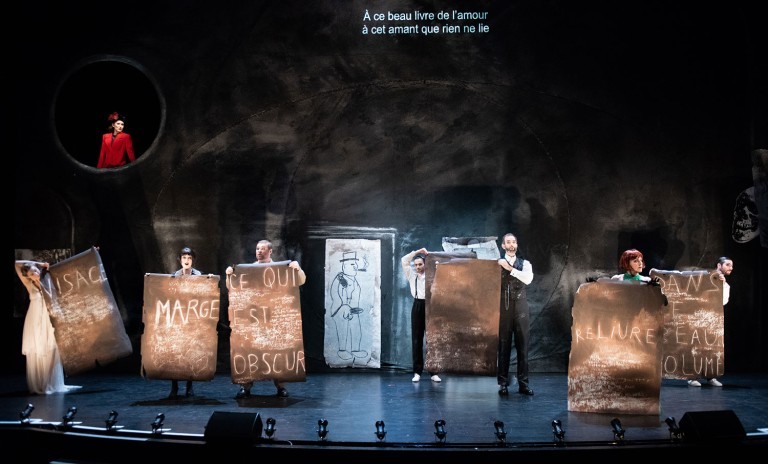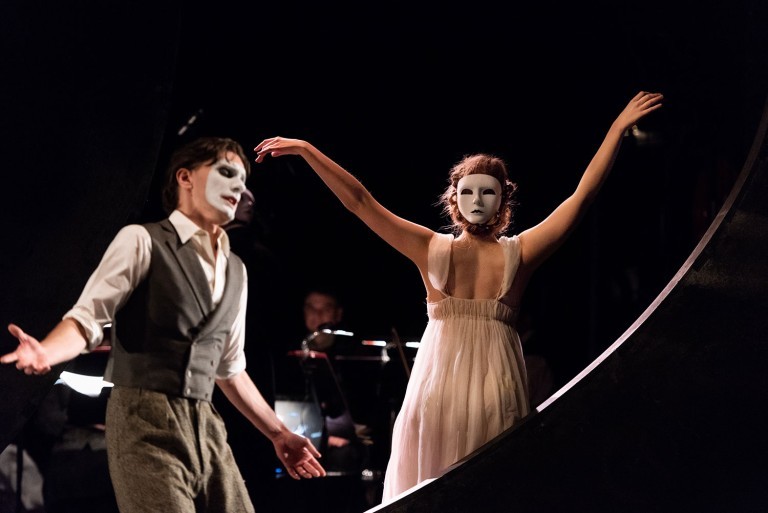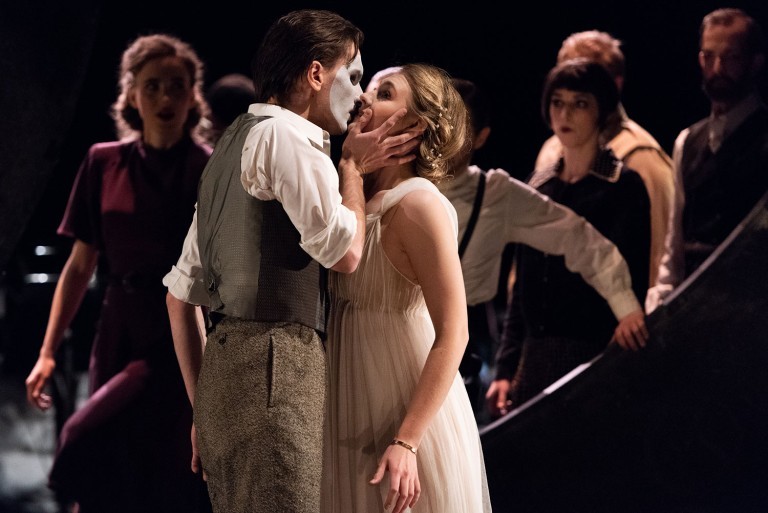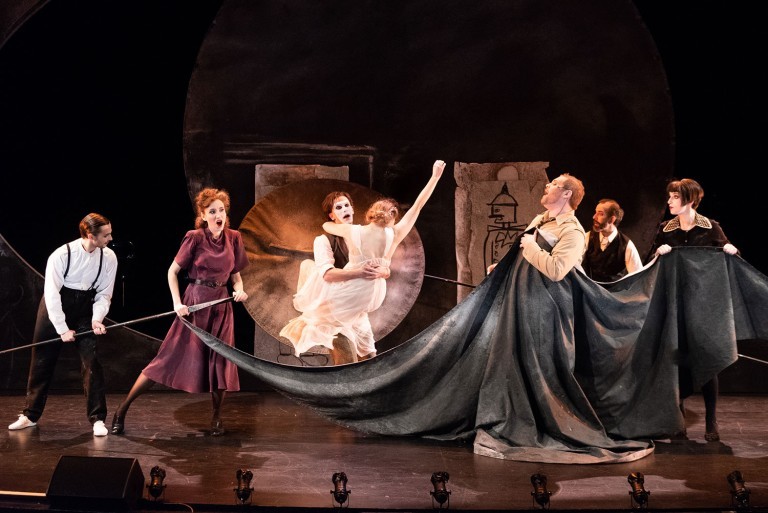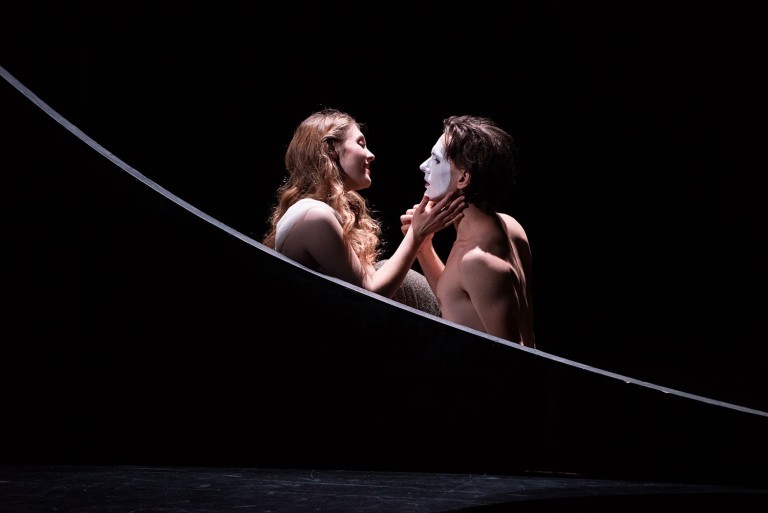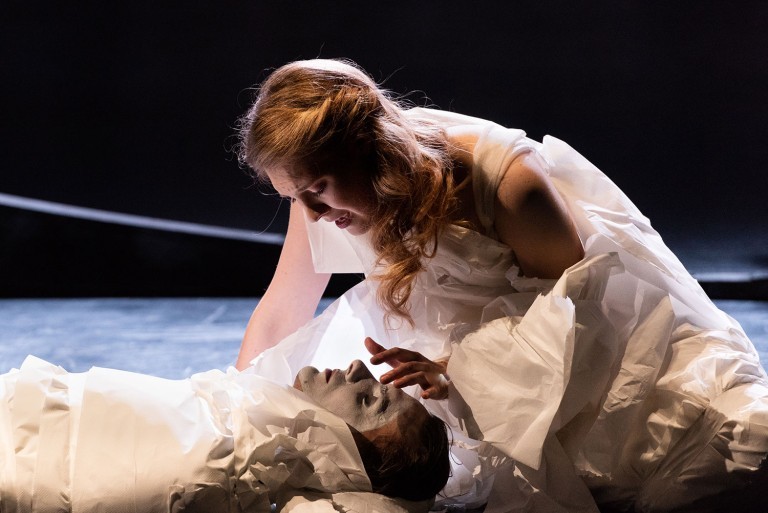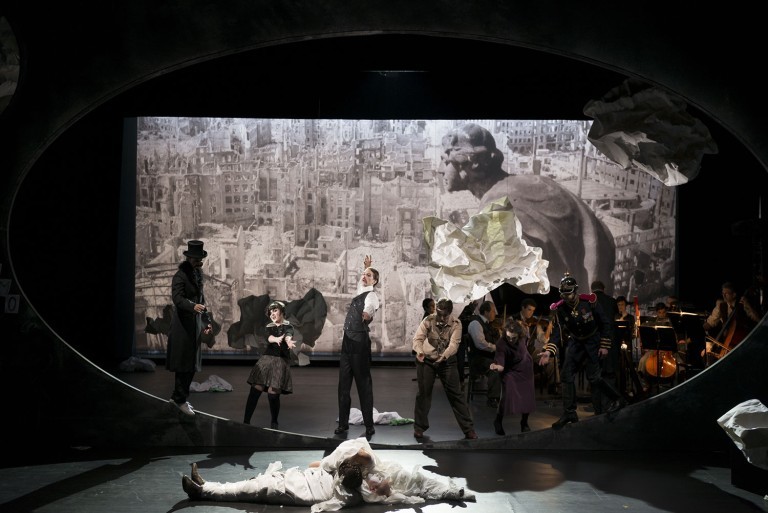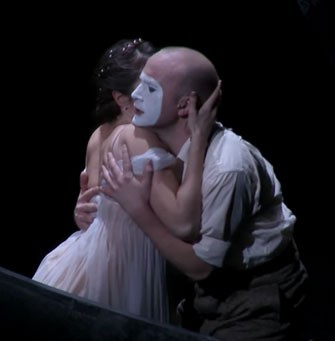Synopsis
Everyone knows Romeo and Juliet, that classic among Shakespearean classics, many times adapted, not only in the theatre, of course, but also at the opera. It is the tale of two star-crossed lovers whose love is made impossible by an ancestral familial hatred, which will lead them to violence and death.
A Minimalist and Anti-Romantic Work
A lover of Berlin, close to the avant-garde of Paul Hindemith and Kurt Weill, and influenced by Milhaud and Stravinsky, Boris Blacher was a popular composer in Germany during the 1930s. After being expelled from his position at the conservatoire of Dresden, because the Nazis saw his bright, festive music as being “degenerate” and “Jewish”, Blacher still continued to compose and be performed.
Forced into exile, it was in Austria that Blacher wrote his Romeo and Juliet, a work which is intentionally minimalist– given the context, it had to be performable anywhere – and also anti-romantic and radical. Faithful to Shakespeare’s original language, it nevertheless stands out thanks to its cast of astonishingly modern characters. For, the Veronese lovers are embodied in turn by a group of singers, so that the notion of character is splintered into a collective communication of Shakespearian poetry, rubbing shoulders with the musical tradition of the Berlin cabaret.
Chamber opera in three parts, composed in 1943
Libretto by the composer, after William Shakespeare
Revival of the 2015 production by the Opéra de Lyon
As a coproduction with the Théâtre de la Croix-Rousse
